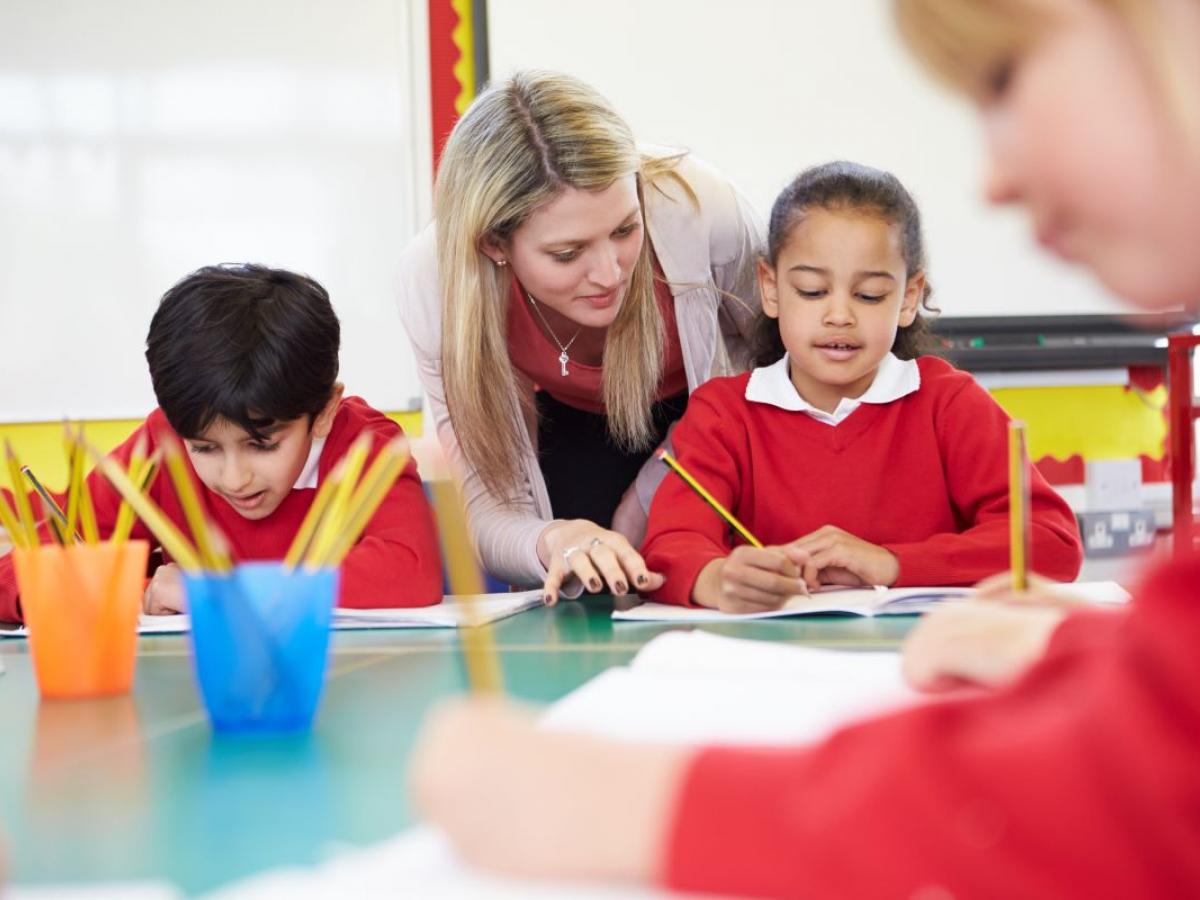A new nationwide study giving parents access to strategies to help their children cope with anxiety and bullying is resulting in better behaved students at home and in the classroom.

Nearly 400 primary schools across Australia participated in the Thriving Kids and Parents Schools Project, a collaborative study involving researchers from the University of Adelaide, University of Queensland and Monash University.
As part of the project, more than 4,500 school parents registered to attend three online, evidence-based seminars on several topics ranging from general parenting skills to helping children manage anxiety and reduce the risk of bullying. Each seminar took between 90 and 120 minutes to complete. Parents were then asked to complete online surveys to evaluate the effectiveness of the parenting program.
Teachers also received tip sheets and classroom strategies, mirroring the skills and behaviour learnt by parents to encourage a consistent approach and better communication.
"Teachers and parents who accessed the seminars reported substantial improvements in child behaviour, both at home and in the classroom," said lead investigator and psychologist Professor Chris Boyle from the University of Adelaide's School of Education.
"Following the study, parents reported that children were noticeably less anxious and had a better relationship with their peers, all of which are very important for school outcomes and interactions in the classroom.
"Importantly, parents also reported improvements in their own mental health and ability to manage their emotions. The positive benefits extended to better communication with teachers and greater involvement in their child's school."
The study was initiated following the Covid-19 pandemic, which continues to have detrimental impacts on the wellbeing of both parents and children.
"Following the study, parents reported that children were noticeably less anxious and had a better relationship with their peers, all of which are very important for school outcomes and interactions in the classroom."Professor Chris Boyle, lead investigator and psychologist, School of Education, the University of Adelaide
"The Covid-19 pandemic has had a massive impact on the social and emotional development of Australian children. We're seeing significant increases in anxiety levels and huge challenges when it comes to developing positive relationships with their peers," said Professor Boyle.
"Other studies have shown many parents struggled with the uncertainty of the pandemic and reported an increase in depression, anxiety and stress, coinciding with a reduction in the use of positive parenting strategies.
"With mental health services already stretched, it's clear effective interventions and support are needed. That's where this program comes in - it's designed to normalise access to parenting support to help families manage these challenges in a post-Covid environment."
University of Queensland parenting expert and clinical psychologist Professor Matthew Sanders is also a lead investigator of this study. He is the founder of the Triple P - Positive Parenting Program, a multi-level parenting program backed by research, from which the three seminars in the study are adapted.
He said given the widespread and prolonged impact of the pandemic, delivering a public health intervention through schools would be an accessible, low-cost way to reduce emotional and behavioural challenges.
"This low intensity, evidence-based program helps parents to develop their children's emotional literacy and emotional regulation skills," said Professor Sanders.
"For example, when reading stories or watching movies with their child, parents can prompt children to name the emotion experienced by a character and to estimate how strong it might be. Teachers can then support this in the classroom by incorporating stories about emotions and their intensity into lessons.
"In the case of reducing bullying, simple strategies like teaching children how to play well with others by setting a good example through taking turns and praising children when they play appropriately can make a big difference."
The Thriving Kids and Parents School Project has received more than $1.2 million from the Federal Education Department's Emerging Priorities Program.
"Given the positive results of this study, I would strongly support the rollout of the program to Australian families through schools, so parents and teachers can work together to improve the learning and wellbeing of all children," said Professor Boyle.
Read the report






